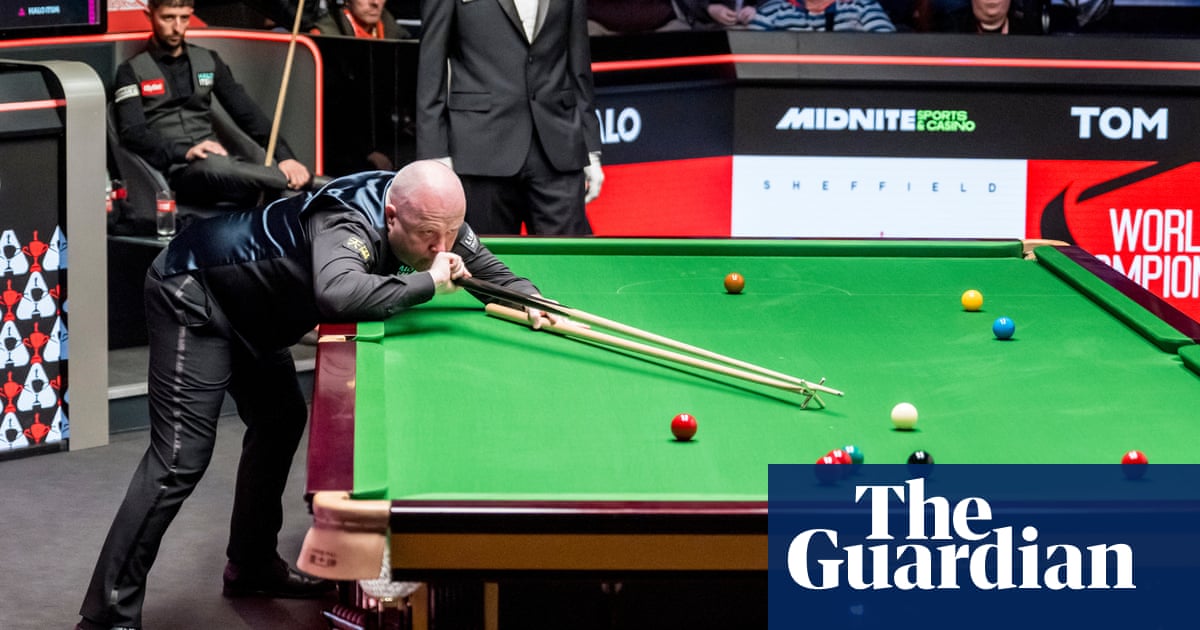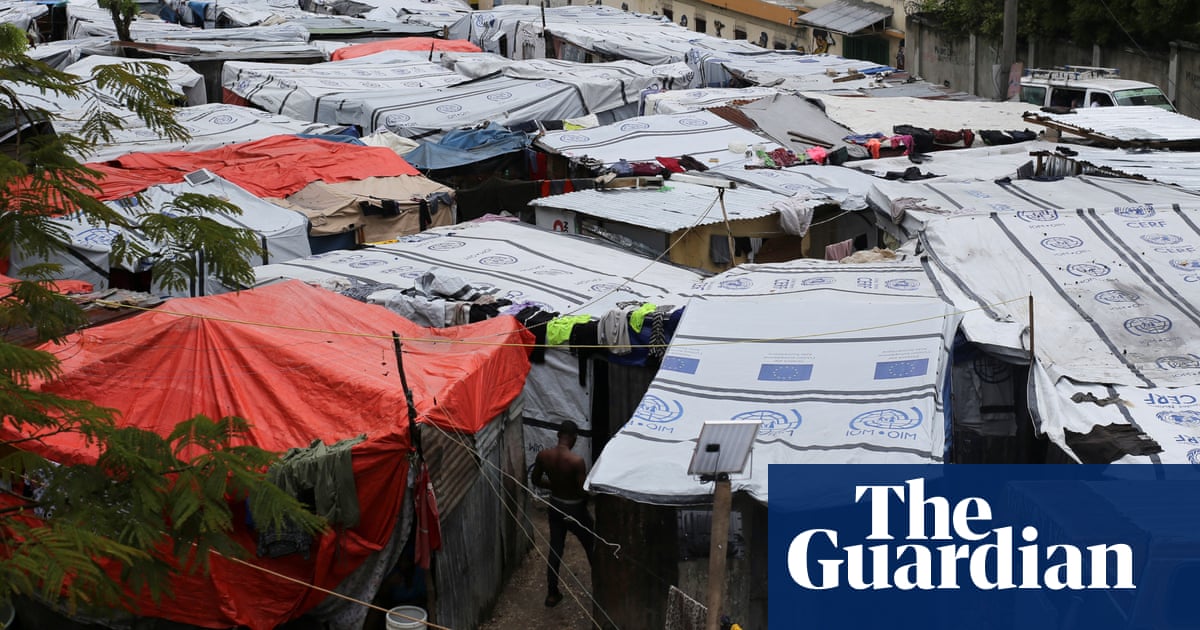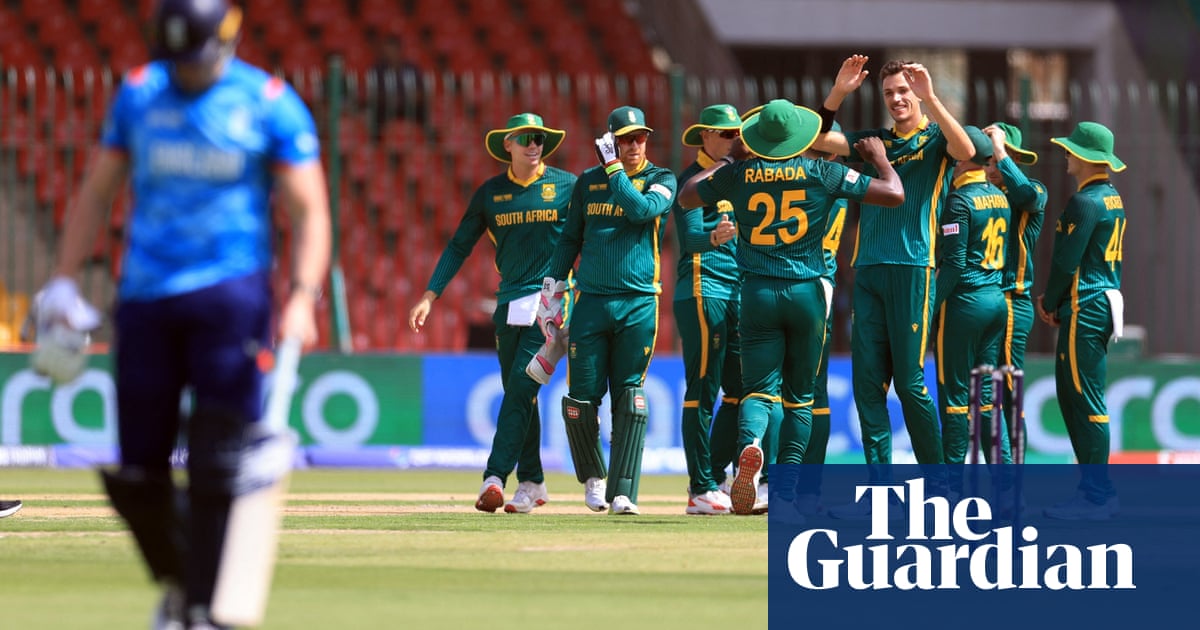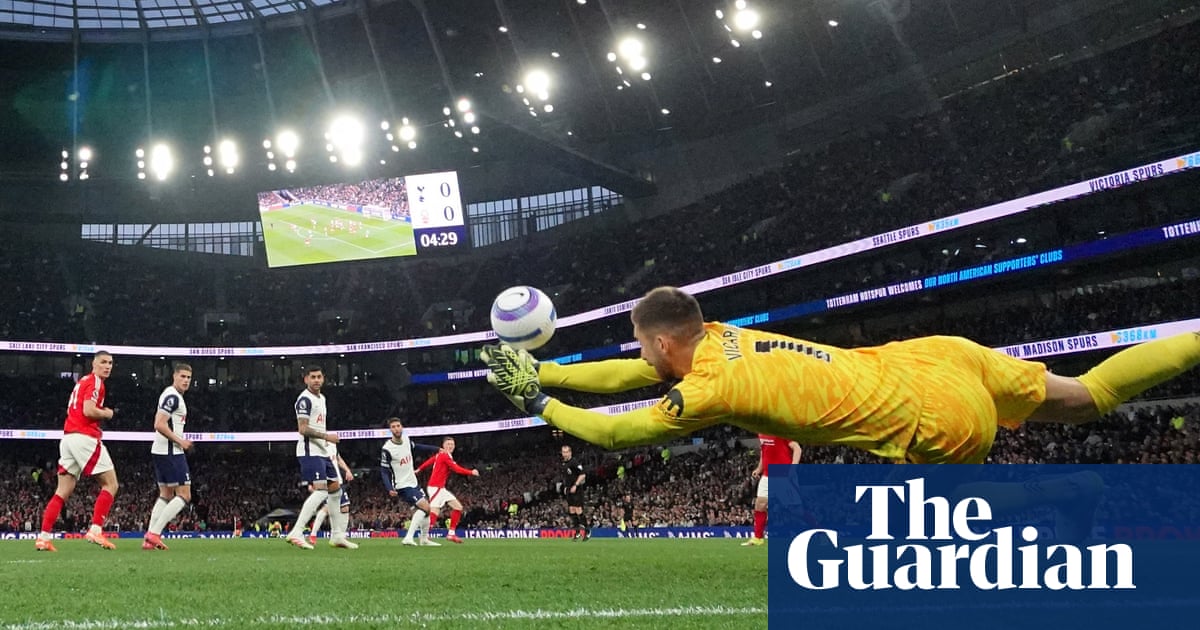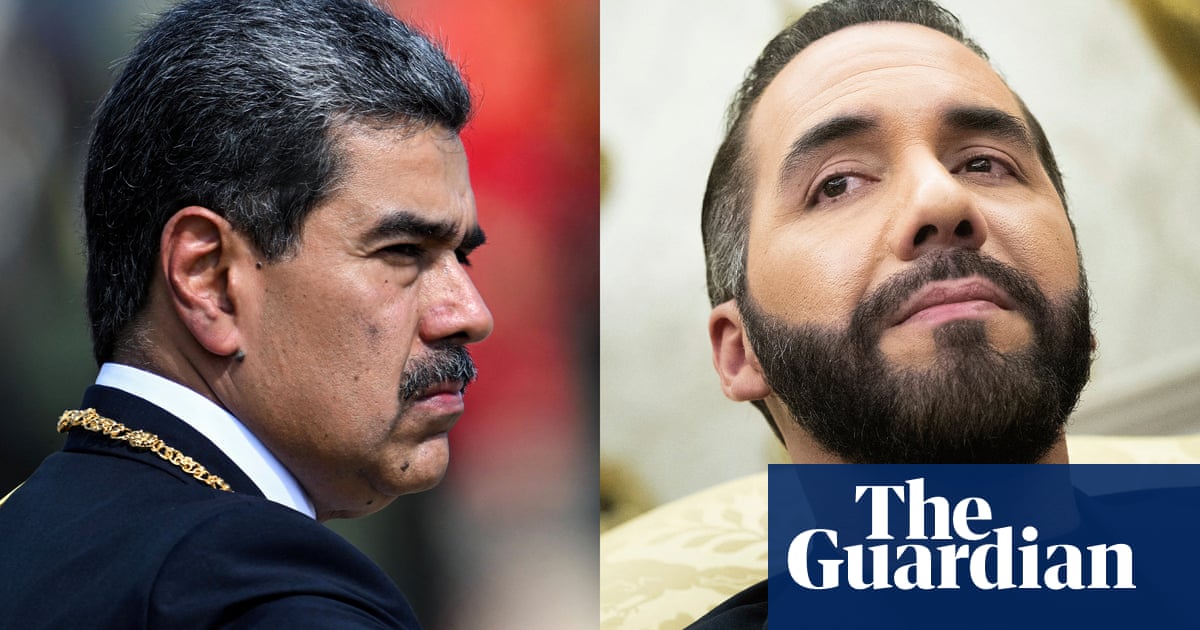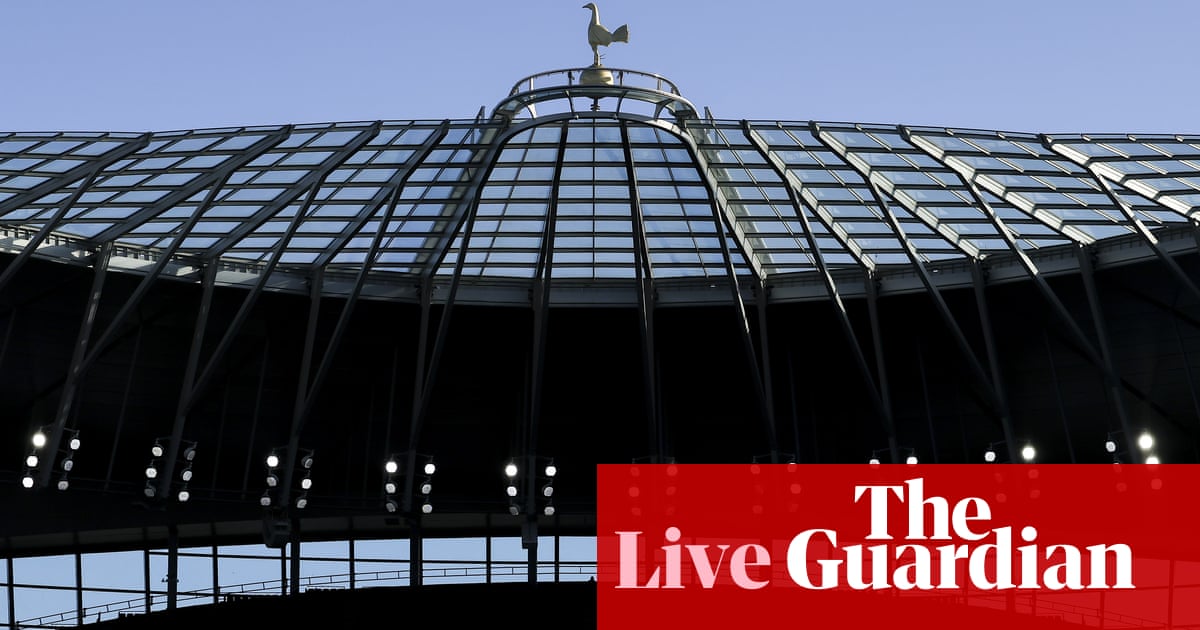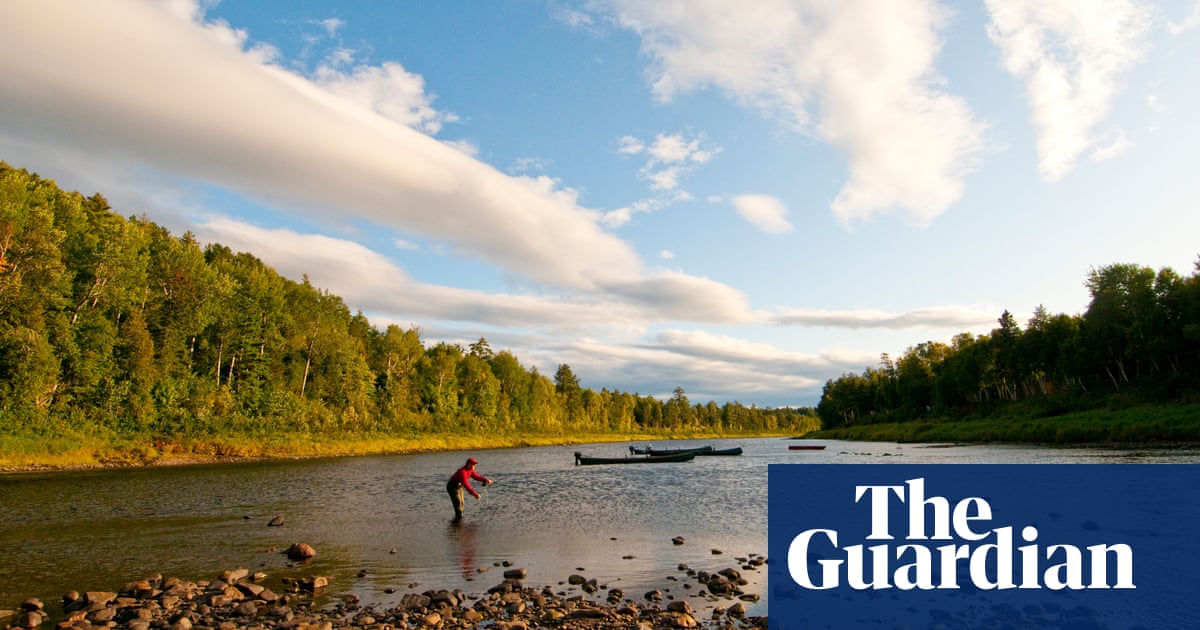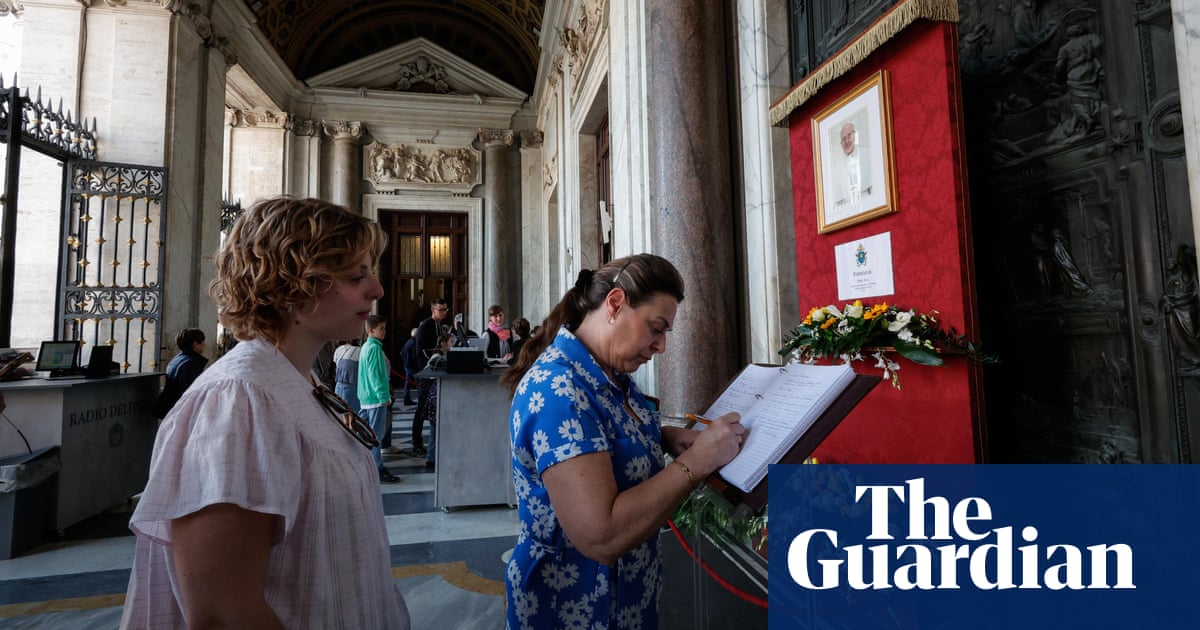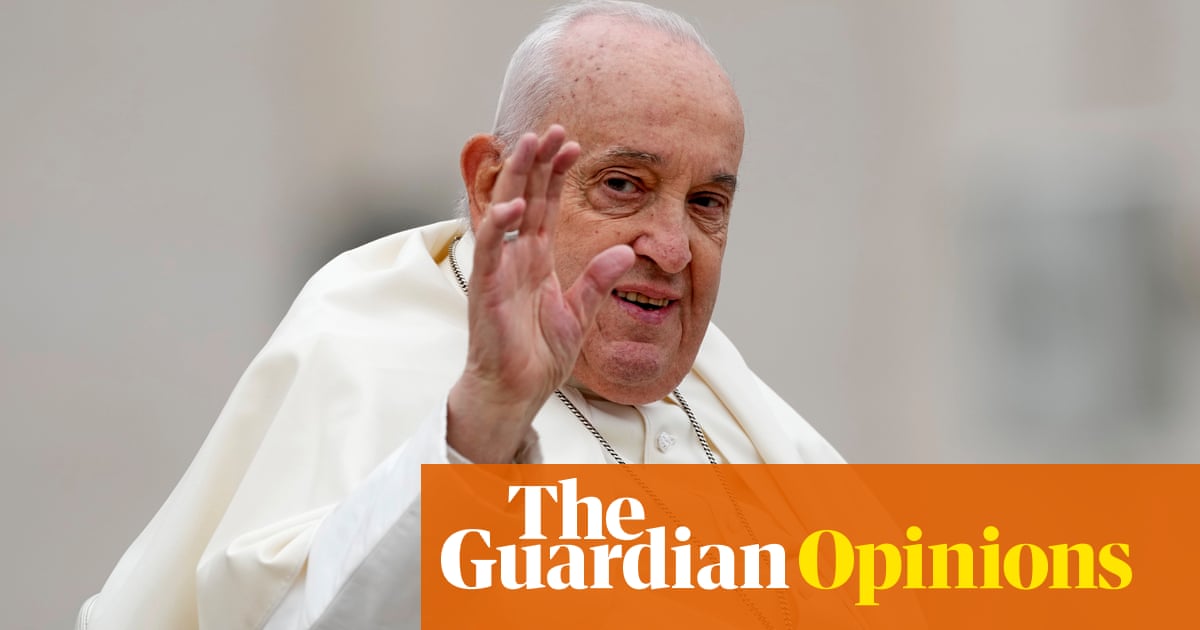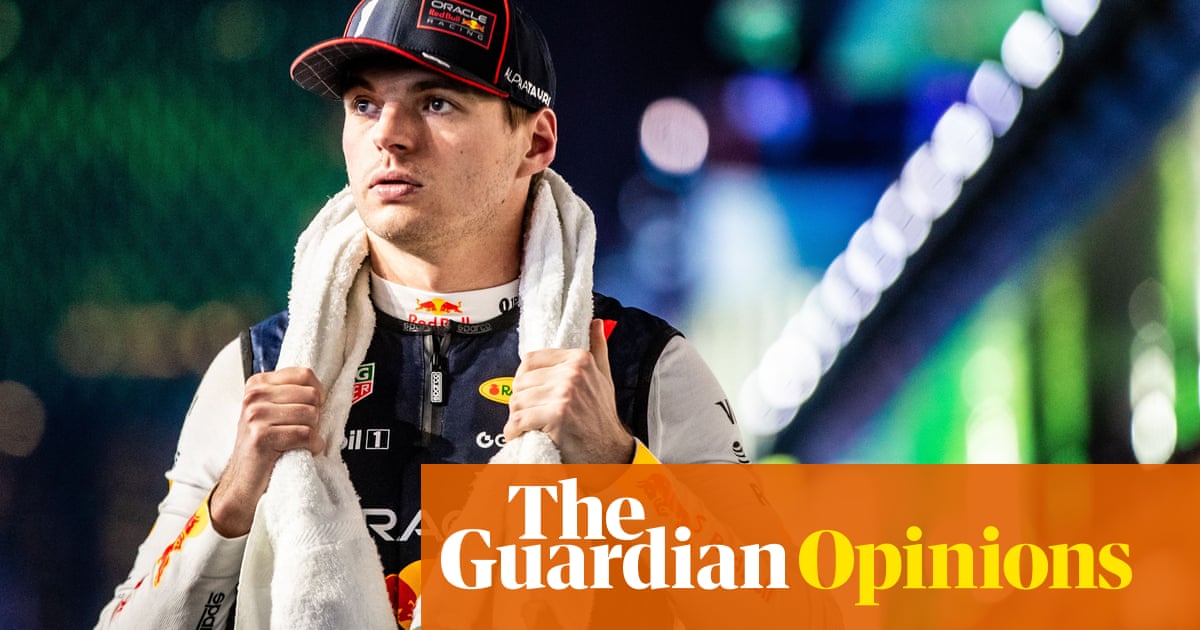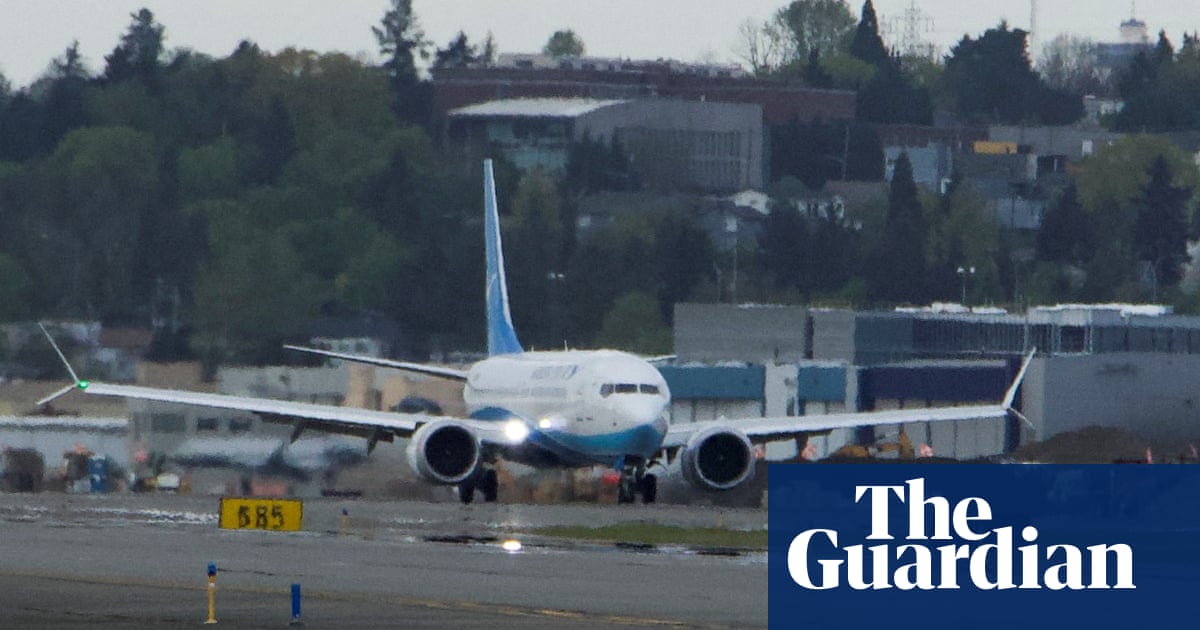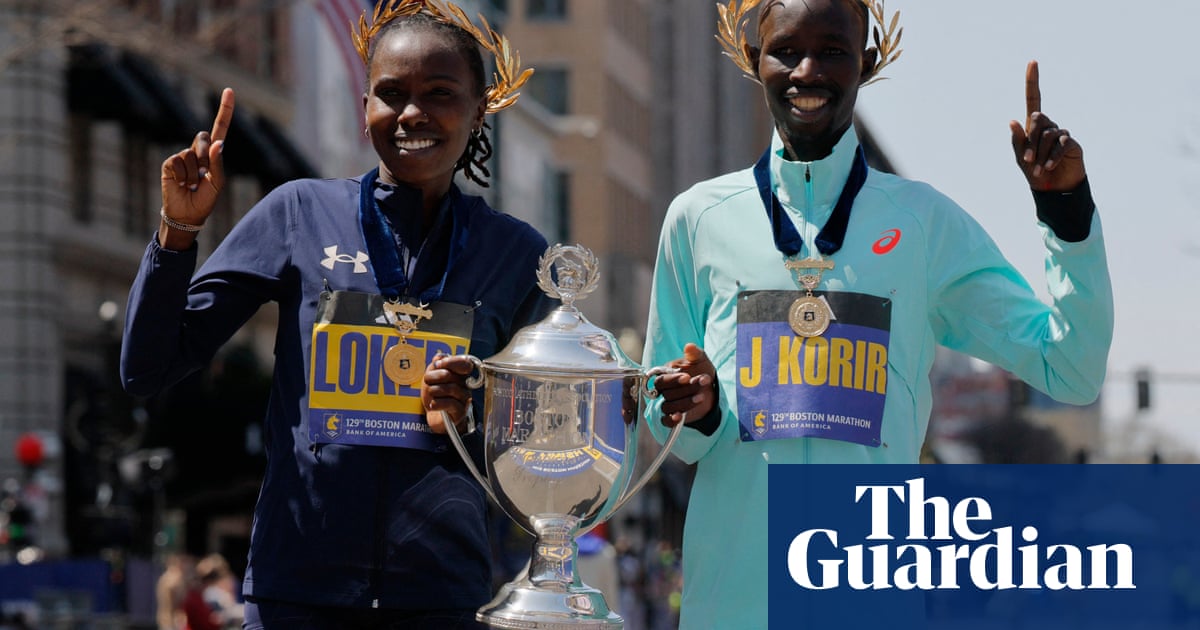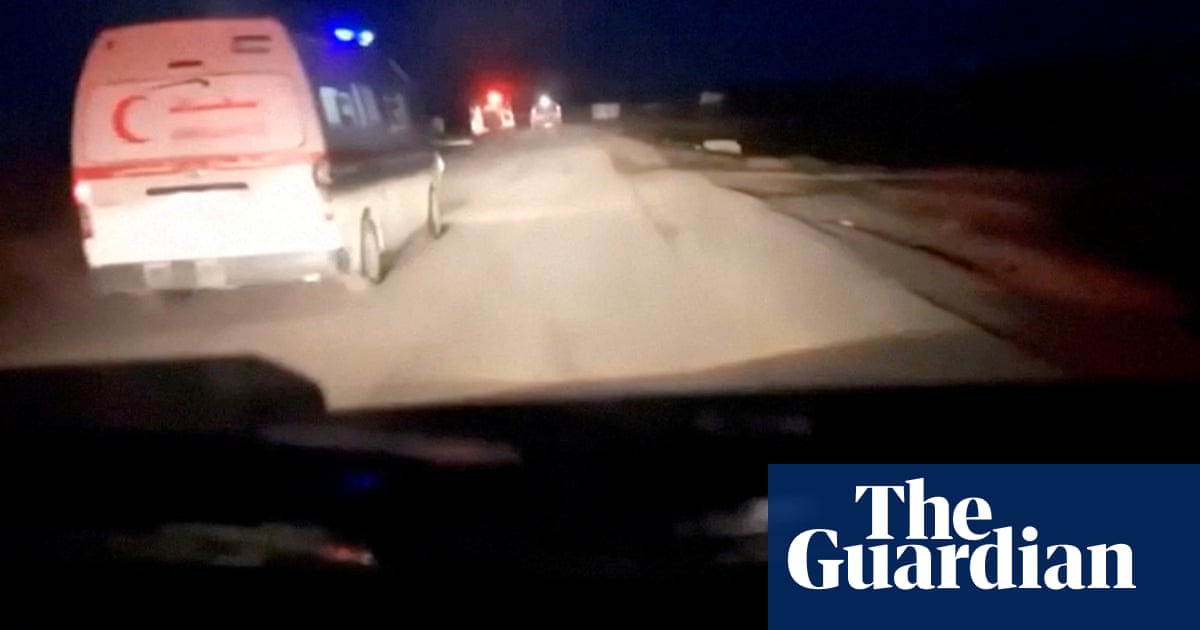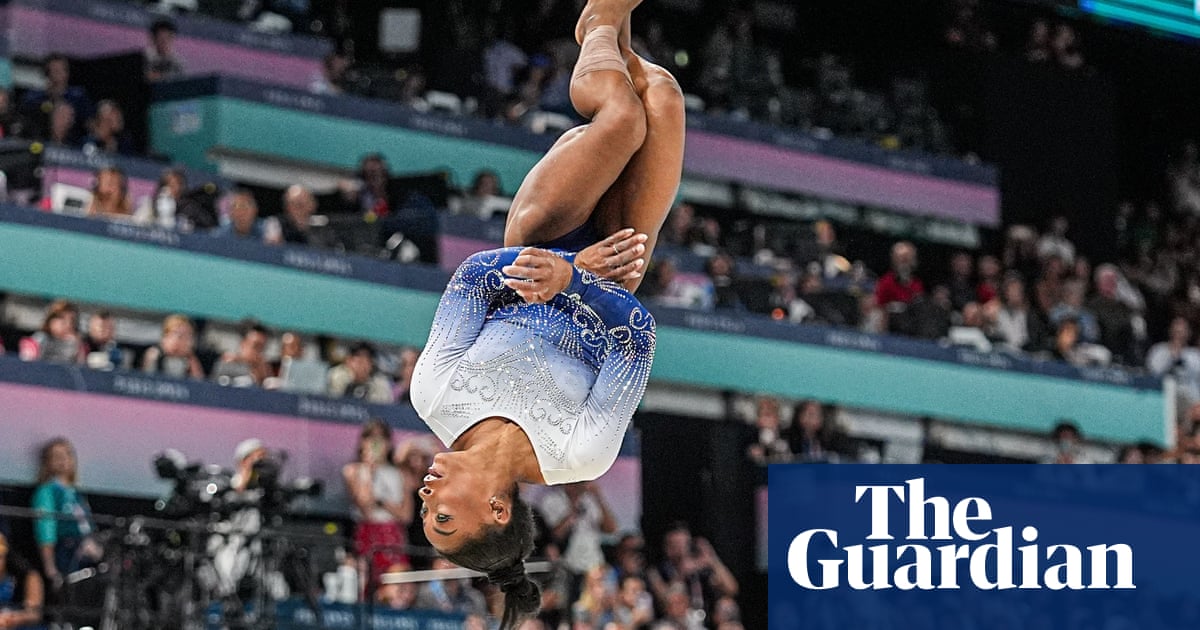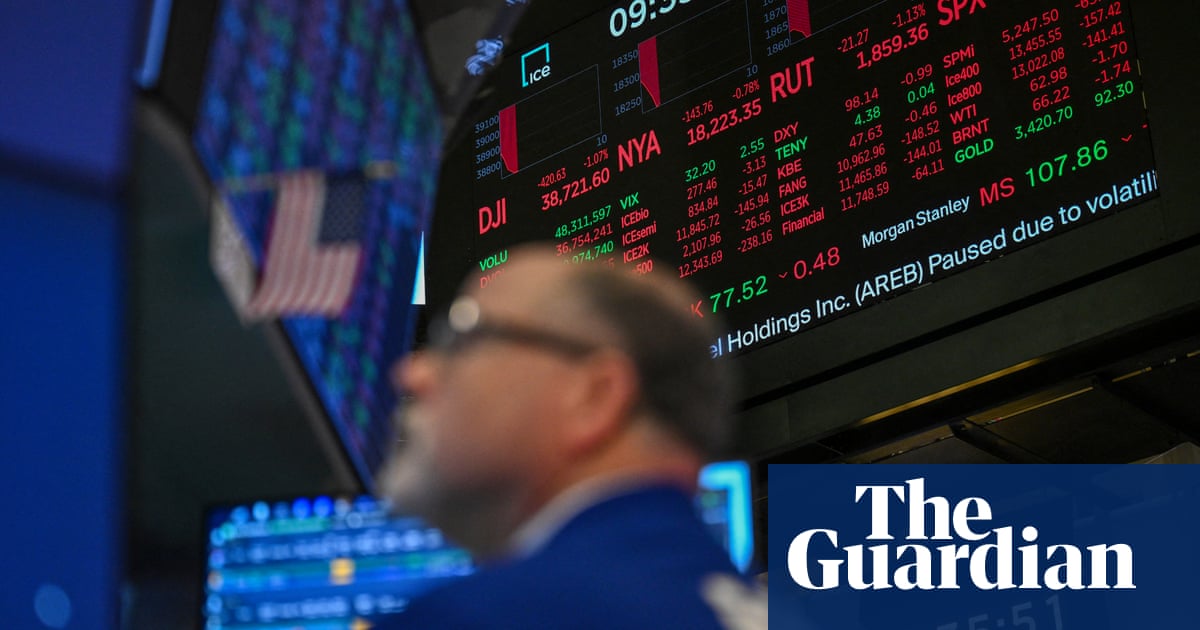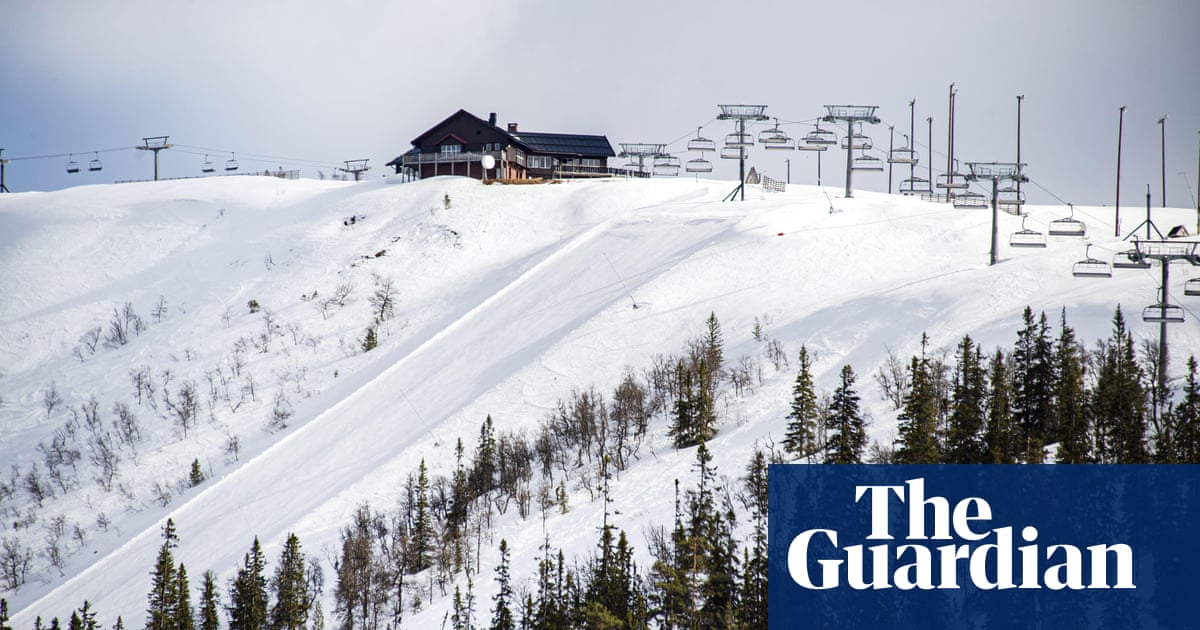Key events Show key events only Please turn on JavaScript to use this feature
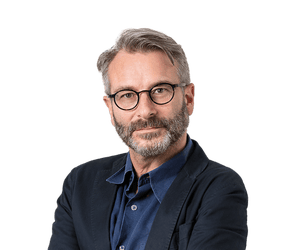
Jon Henley

Our Europe correspondent Jon Henley is in Auschwitz today.
This is what he wrote in his report ahead of today’s event:
About 50 former inmates are expected to attend the ceremony at the complex in southern Poland where Nazi Germany murdered more than a million people, most of them Jews, but also Poles, Roma and Sinti, Soviet prisoners of war and gay people.
An audience including Britain’s King Charles III, King Felipe VI of Spain and King Willem-Alexander of the Netherlands, as well as France’s president, Emmanuel Macron, and the German chancellor, Olaf Scholz, will hear their voices.
“This year, we are focusing on the survivors and their message,” said Pawel Sawicki, the Auschwitz museum spokesperson. “We all know that for the 90th anniversary, it will not be possible to have a large group. There will not be any speeches by politicians.”
Besides the survivors, only Piotr Cywiński, the director of the Auschwitz-Birkenau state museum and memorial, and Ronald Lauder, the president of the World Jewish Congress, representing key donors, are due to speak during the 90-minute ceremony.
The commemoration has added significance not just because most survivors are in their 90s and will not be able to tell their stories for much longer, but because today’s continuing wars, and increasingly polarised politics, make their testimony as vital as ever.
Three Auschwitz survivors tell their stories

In a very moving piece published over night, three Auschwitz survivors, two of whom were interned there as teenagers, tell our Berlin correspondent Kate Connolly their stories.
This is what Albrecht “Albi” Weinberg, 99, told Kate:
Not a day goes by when I don’t think about my family. There are now Stolpersteine in front of our former family house, which are the closest thing I have to a gravestone where I can feel close to them.
I’m taken back to Auschwitz every day when I look in the mirror while washing my face and I see my tattoo.
Make sure to read the piece in full.
Morning commemoration at Auschwitz starting now
The Auschwitz anniversary is starting just now with a morning commemoration at the “wall of death” at the end of the block 11’s yard, attended by Auschwitz survivors and Polish president Andrzej Duda.
We are carrying the Auschwitz museum’s live stream at the top of this blog.
Morning opening: A moment to pause

Jakub Krupa

Europe and the world will commemorate the 80th anniversary of the liberation of the former Nazi German concentration and extermination camp Auschwitz today, putting the increasingly chaotic global politics on pause for a brief moment to reflect on the darkest moments of our history.
But in a growingly polarised and aggressive world, the ceremony will also for many be a call for action and renewal of our collective memory. As the last survivors inevitably fade away, many fear that we risk forgetting the horrors of the Holocaust and the founding pledge on which Europe built the postwar order: never again.
A recent poll found that a stark proportion of young adults aged 18-29 had not heard of the Holocaust: 46% in France, 15% in Romania, 14% in Austria and 12% in Germany.
Many are unable to name Auschwitz or any of the other concentration camps and ghettoes where the crimes of the Holocaust were committed.
And even among those who had, many encountered Holocaust denial or distortion, particularly online, reported by 47% in Poland, 38% in Germany, and 33% in the US.
The anniversary comes at a particularly hectic time, with some prominent voices daring to go further than ever in seemingly questioning the importance of reflecting on the past for our decisions today.
Over the weekend, close US president ally and billionaire Tesla and X owner Elon Musk told a rally organised by the far-right, anti-immigrant Alternative für Deutschland (AfD) that “children should not be guilty of the sins of their parents, let alone their great grandparents.”
His comments, just days after he sparked controversy with his apparent use of a salute banned for its Nazi links in Germany, were perceived as echoing the party’s line that Germans should stop apologising for the past. The AfD’s co-founder Alexander Gauland once infamously said the Nazi period was like a “small bird dropping in over 1,000 years of successful German history.”
AfD is currently projected to come second in next month’s parliamentary election, only behind the conservative Christian Democratic Union (CDU), the latest sign of far-right parties making sweeping gains across Europe.
On a diplomatic level, the presence of over 50 national delegations led by royals and heads of states and governments, including British monarch Charles III, Spanish king Felipe VI, German president Frank-Walter Steinmeier, France’s Emmanuel Macron, and Italy’s Sergio Mattarella, will send a clear signal.
But by the decision of the Auschwitz museum, none of these leaders will speak at the event. Instead, we will only hear from the survivors and the custodians of their memory.
I will bring you the build up to the ceremony and then the key lines from the main event, which starts at 4pm CET.
Until then, we have lots to cover in EU politics with new comments from Trump on Denmark and Greenland, EU foreign affairs ministers meeting to discuss what to do with the new US administration and how best to help Ukraine, and the completely surprising news that Alexander Lukashenko ‘won’ in Belarus again, for the seventh consecutive time.
It’s Monday, 27 January 2025, and this is Europe live. It’s Jakub Krupa here.
Good morning.

 2 months ago
65
2 months ago
65
